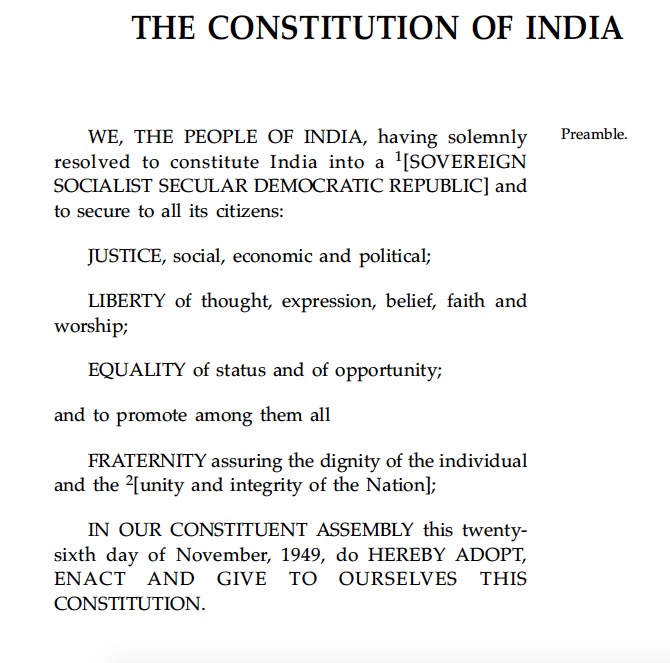I chanced upon the course on Justice by Harvard professor Michael Sandel and it was fascinating to say the least. I completed the course which has 12 lectures of around 50 minutes each.
It was interesting to understand how the current legal and social systems came about and what's the moral force behind them. The focus of the course was on examining what is the moral basis of different school of thoughts like Utilitarianism, Libertarianism, etc.
I will share a series of posts to unpack the key points discussed and my views on it. So lets get on with it!
There are 2 basic school of thoughts:
- Utilitarianism - Key philosopher of this school is Jeremy Bentham - Which believes in making decisions by the precept of "Greater good of greater number"
- Categorical - Key philosopher is Kant - Decisions are based by understanding inherent Goodness of certain acts versus others
One of the key points of discussion was about Fundamental Rights. Do human beings have certain inalienable rights which can't be violated even if their violation leads to greater good of greater number? While Libertarianism argues for fundamental rights as good categorically, Humanist Utilitarianism promulgated by John Stuart Mill argues that society will be better in the long run if there are fundamental rights - and hence its OK.
Libertarians led by philosopher Robert Nozick argue that the state should be minimalist and do only the most essential things it needs to do.
No Paternalist legislation
e.g Seat Belt laws
No moral laws
e.g Laws banning LGBT marriages
No distribution of income from rich to poor
Taxation is a form of coercion
According to Libertarians, Taxation is coercive as it violates the Principle of Self-Possesion. The argument goes something like this

This is an interesting line of argument, as in our modern society we hardly question tax on income. We take it for granted. In a way we have given too much power to the state and it has become a Leviathan. Its deeply rooted in the idea of welfare state where we expect the state to provide for the poor.
India added the words SOCIALIST and SECULAR to its preamble in the 42nd Constitutional Amendment Act only in 1976.

A non-libertarian form of government gives more power to the state, and power as a rule tends to concentrate itself. So, how good is the idea of a welfare state?
More on next part.
 This post is more around my observations during the trek.
This post is more around my observations during the trek.
 Next time, I intend to go in a much smaller group - so that there is less noise and more tranquility to absorb the beauty and reflect. Lets see how that materializes.
Next time, I intend to go in a much smaller group - so that there is less noise and more tranquility to absorb the beauty and reflect. Lets see how that materializes.